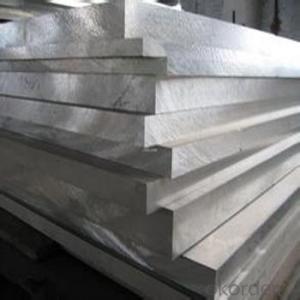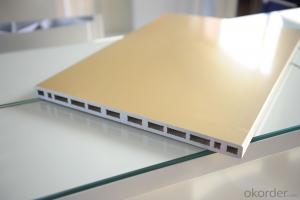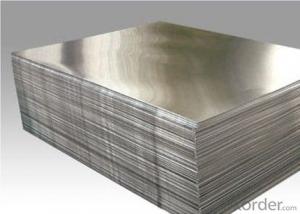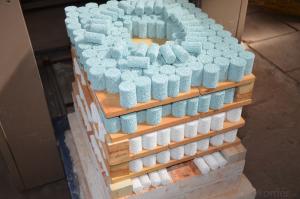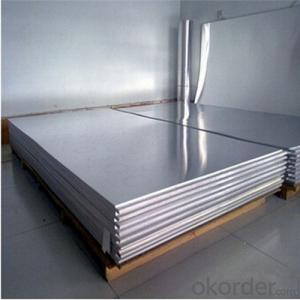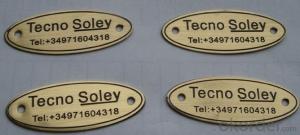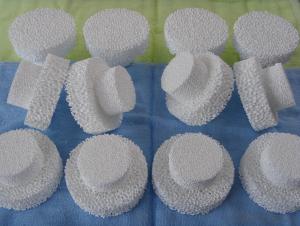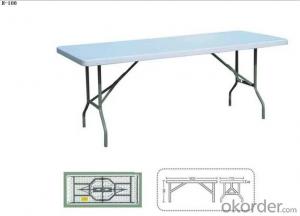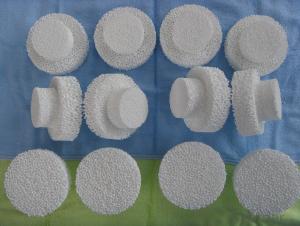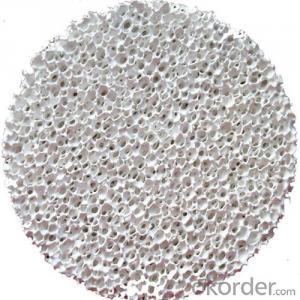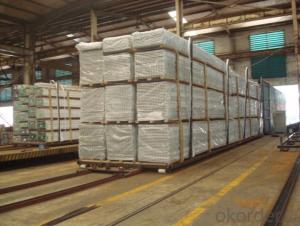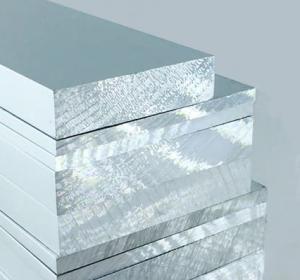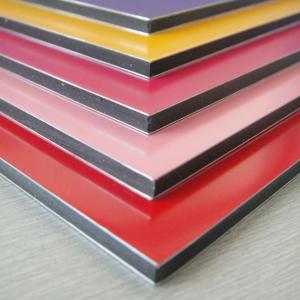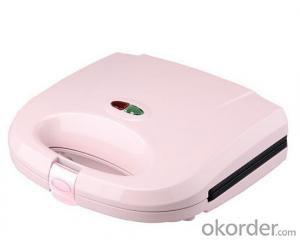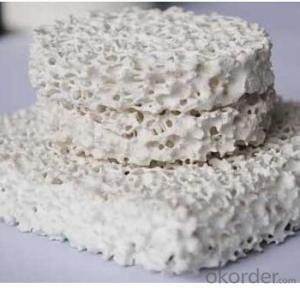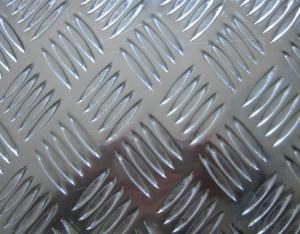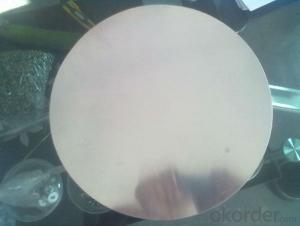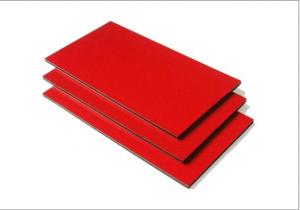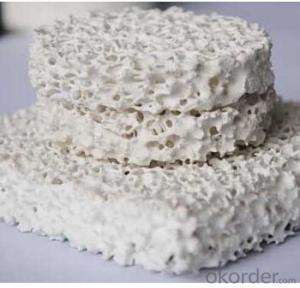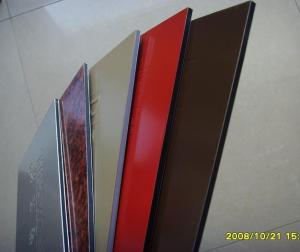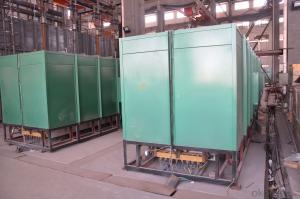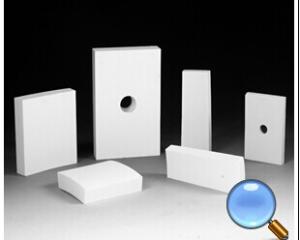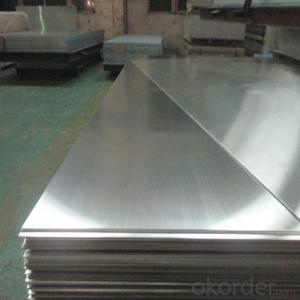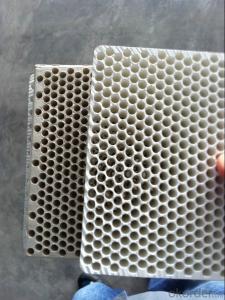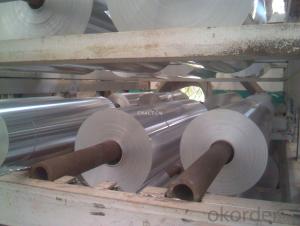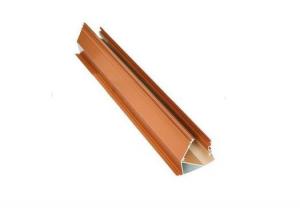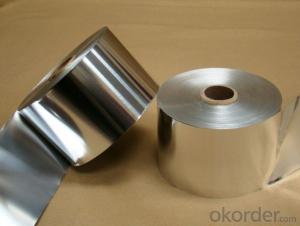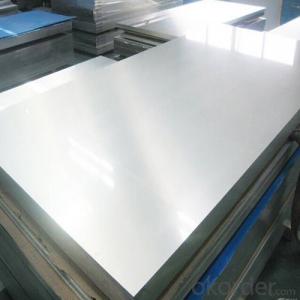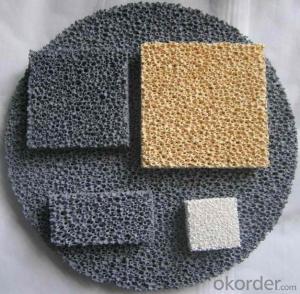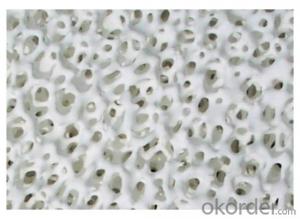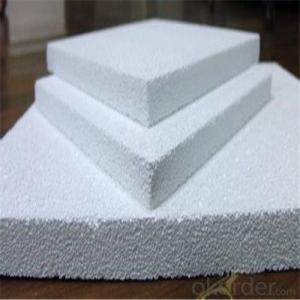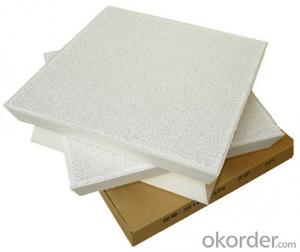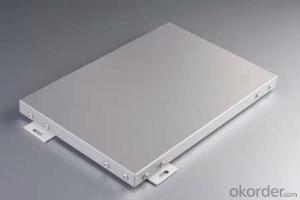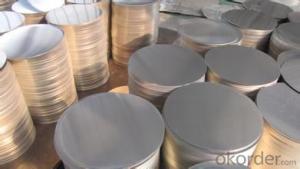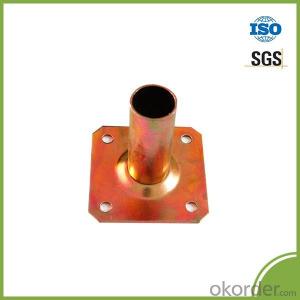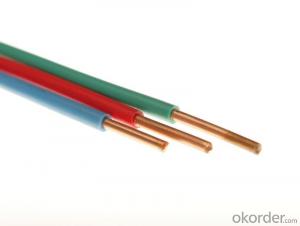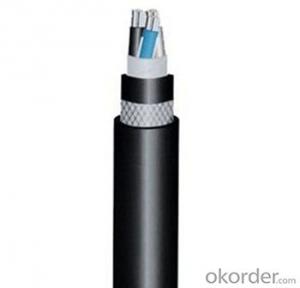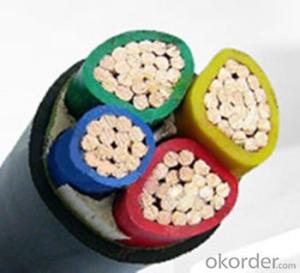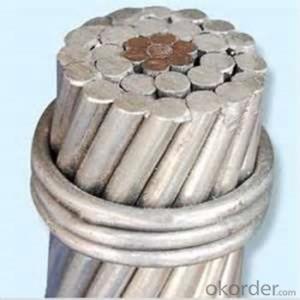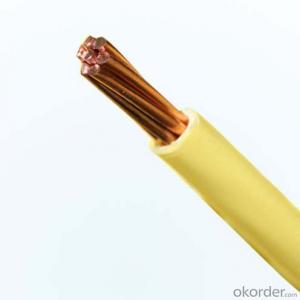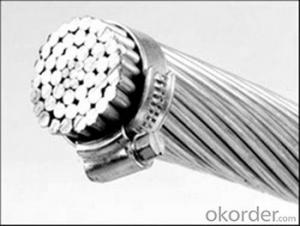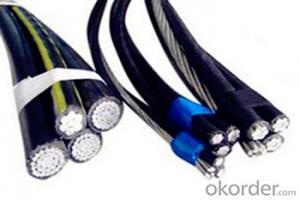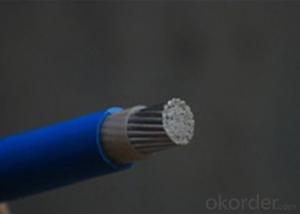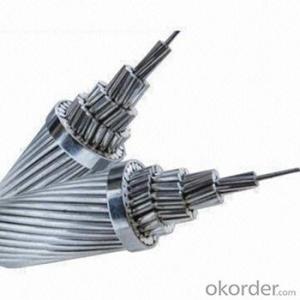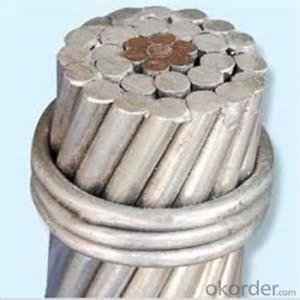Marine Aluminum Plate
Marine Aluminum Plate Related Searches
Marine Grade Aluminum Plate Aluminum Armor Plate Aluminum Metal Plate Aircraft Aluminum Plate Aluminum Motor Plate Polished Aluminum Plate Aluminum Pressure Plate Machined Aluminum Plate Aluminum Mold Plate Aluminum Plate Boat Aluminum Plate Armor Aluminum Deck Plate Aluminum Surface Plate Aluminum Paper Plate Aluminum Cover Plate Aluminum Wall Plate Aluminum Floor Plate Pure Aluminum Plate Metric Aluminum Plate Aluminum Round Plate Aluminum Grill Plate Porous Aluminum Plate Aluminum Cooking Plate Aluminum Plate Panels Aluminum Mounting Plate Aluminum Base Plate Aluminum Square Plate White Aluminum Plate Aluminum Profile Plate Large Aluminum PlateMarine Aluminum Plate Supplier & Manufacturer from China
Marine Aluminum Plate is a type of aluminum plate specifically designed for use in marine environments. These plates are crafted with corrosion resistance and durability in mind, making them ideal for applications where exposure to saltwater and harsh weather conditions is a concern. They are engineered to withstand the rigors of the marine environment, ensuring longevity and reliability for various maritime projects.Marine Aluminum Plate finds its application in a wide range of scenarios, from shipbuilding and offshore platforms to coastal infrastructure and marine equipment. Its resistance to corrosion and strength make it a popular choice for constructing hulls, decks, and structural components of boats and ships. Additionally, it is used in the fabrication of marine-grade equipment such as ladders, railings, and other safety features that require a combination of strength and resistance to the corrosive effects of saltwater.
Okorder.com is a leading wholesale supplier of Marine Aluminum Plate, boasting a large inventory to meet the demands of various industries. With a commitment to quality and customer satisfaction, Okorder.com ensures that the Marine Aluminum Plate they provide is of the highest standard, suitable for a multitude of marine applications. Their extensive stock allows customers to find the right规格 and quantity of Marine Aluminum Plate to suit their specific needs, making them a reliable source for this essential material in the maritime industry.
Hot Products
